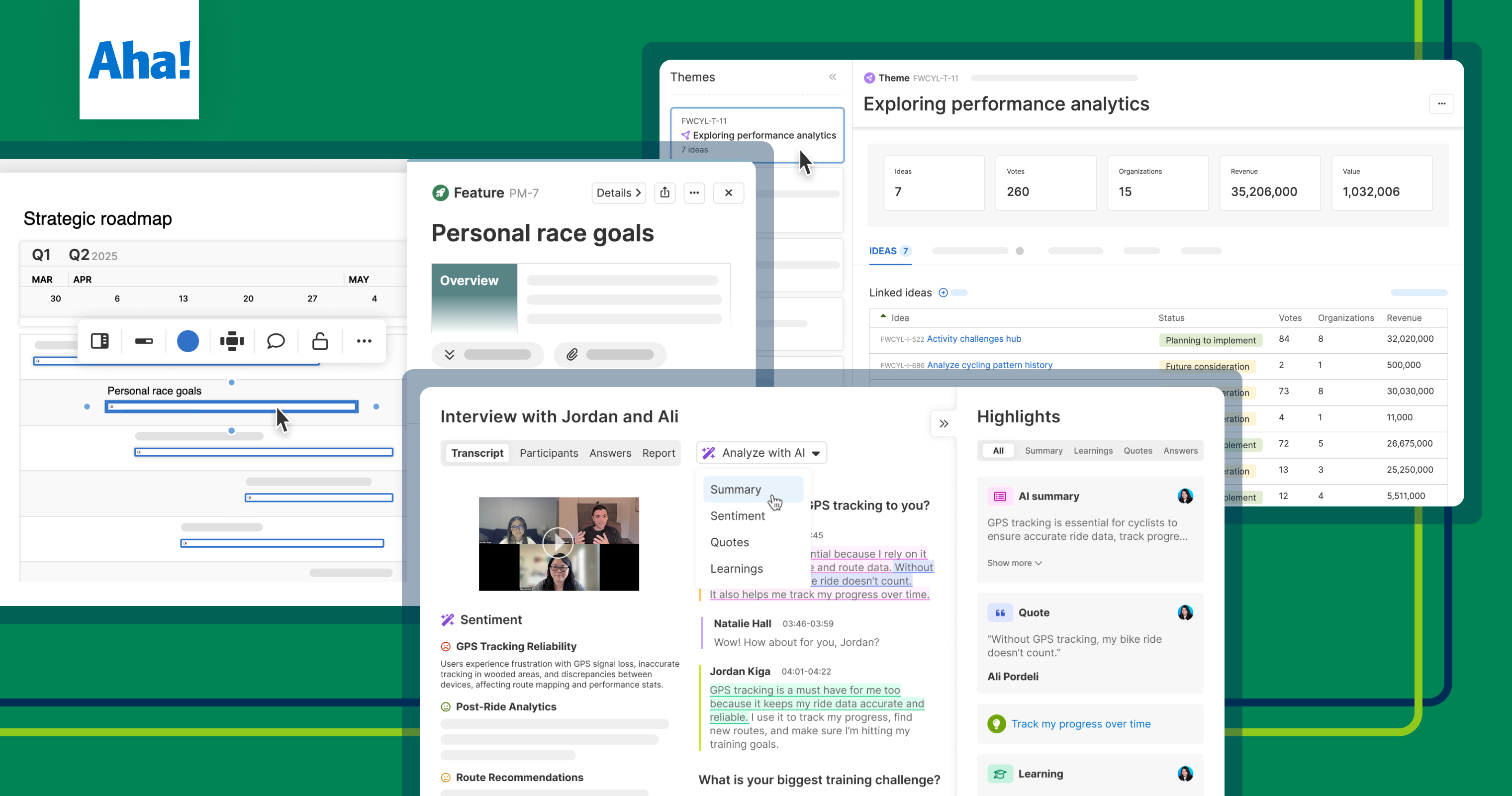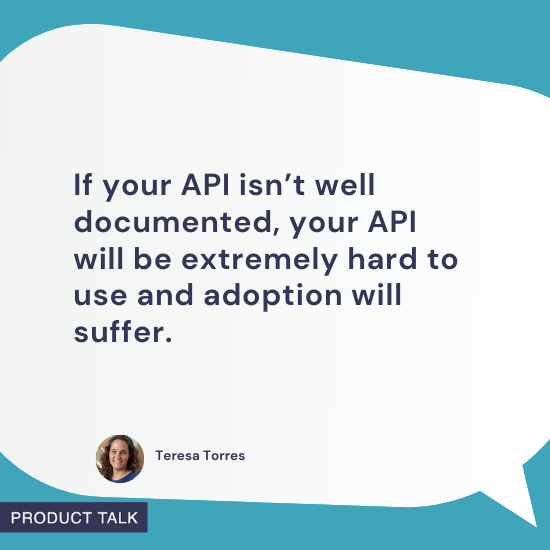boss won’t stop wearing perfume that gives me headaches, my new job is doing something illegal, and more
This post was written by Alison Green and published on Ask a Manager. It’s five answers to five questions. Here we go… 1. My boss won’t stop wearing perfume that gives me headaches I have a generally good relationship with my boss. We work in a shared office space which includes my boss, me, and three other people. I am Covid-cautious still and wear a KN95 mask full-time […]

This post was written by Alison Green and published on Ask a Manager.
It’s five answers to five questions. Here we go…
1. My boss won’t stop wearing perfume that gives me headaches
I have a generally good relationship with my boss. We work in a shared office space which includes my boss, me, and three other people. I am Covid-cautious still and wear a KN95 mask full-time and run an air purifier while I’m at work. Since moving into the shared space, I’ve had increased instances of headaches that linger into the evenings, often hours after I’ve left the office. The headaches are negatively impacting my work productivity, as well as the rest of my life.
Several months ago, my boss got a new perfume that was very strong. My headaches increased in intensity. I finally put together that the perfume was triggering them and explained to my boss that I’ve been feeling unwell and I think her perfume is causing my headaches. I shared with her the impact the headaches are having on my work and life. Her response was, “Well, can I at least go back to my old perfume? It’s not as strong. I could wear just a little of it.” I replied, “I’d rather you didn’t.”
Fast forward a few weeks and my headaches continued. One afternoon I mentioned again that I’ve been having more headaches lately and she said “Oh, does my perfume still give you headaches?” (Again, all of this while I’m wearing a mask and running an air purifier full-time.) I told her yes, it still bothers me. I feel as though I’ve been explicit in what I need for the shared space, and my other colleagues we share the room with are on board with my request for no fragrances. However, my boss and I have had this conversation at least three times and she continues to wear perfume to the office. In each conversation I am direct and clear. At this point, I see three possible solutions: 1) My boss finally stops wearing perfume in our shared workspace, 2) my boss moves out of the shared workspace, or 3) I move out of the shared workspace.
How else can I advocate for my health to reduce my headaches? Do I need to put my request for no fragrances in writing? Do I need to explicitly mention accommodations? She is not one who appreciates having people go over her head, so I’m not sure what the best next steps are. I know you’ve addressed fragrance-free offices in the past, but what if the person you’re supposed to go to for help is the one causing the issue and ignoring your requests?
Some people are remarkably oblivious about how bad fragrance sensitivity can be. She shouldn’t be because you’ve spelled it out for her and yet here we are. So at this point it makes sense to treat this like a formal accommodations request, meaning you should go through HR — but since your boss is touchy about people going over her head, you could have one final conversation with her where you spell out what you need, being much more specific this time. For example: “I’m still having headaches when you wear perfume. At this point I think I need to work out of a different space, or talk to HR about getting some kind of accommodation, but I figured you’d prefer I talk with you first. What makes sense as a next step from here?” It would be astonishing if she didn’t realize “oh, I should stop wearing the perfume” — but her track record so far says she might not, so if this conversation doesn’t solve it, the next step is to talk to HR. If you do, don’t think of it as making a complaint about your boss; it’s “I can’t be around perfume, so do we move me, implement a no-fragrances policy, or something else?”
2. I’m interviewing for a potentially dangerous job and want to make sure I know all the risks
I am a candidate for a job that will be the public face of the local women’s shelter. These are not the safest roles — I know it, my family knows it, but we also know they’re vital roles and we’re probably prepared to take it on.
The process is down to a very short list, and I’ve asked about personal and family safety and the level of threat experienced by the previous person. They’ve said non-specific reassuring things about having practices to ensure there’s no risk to physical safety, but they’re not prepared to give me a sense of what kinds of practices are required and how bad it has been previously. They say they will discuss that with the preferred candidate.
There’s a huge difference between “There have been verbal and online threats but nothing else and we’ll make sure you have a duress alarm and are flagged as a priority by the police and if it ever get worse we’ll deal with it together” and “There’ve been a couple of times people went to her home, and her daughter was followed earlier this year, but no one was ever harmed. The police will arrange a panic alarm in your home, car, and personal ones for you, your husband, and kids. They’ll also advise on how we can adapt a room in your house to be a panic room.”
I might still take the role if it’s at the latter end, but I’d like to have time to think and talk to my family about it. I am pretty sure that if it’s at the rough end, some of my family wouldn’t be comfortable staying with us when visiting, and we’d need to be prepared to move Christmas to a friend’s at short notice. If I can expect to be occasionally harassed in public, we’ll need to change the activities we do when we take our nieces for the weekend. And so on. I want my family and I to imagine that life and know we want to do it.
I know they’ll keep us physically safe, that’s not my concern. I also suspect they’re trying to protect the privacy of the previous person, and that what happened in the last year doesn’t necessarily predict the next; it’s often just one out of control ex-partner that causes all the harm.
If they offer me the job and then we talk about the safety risks then, I think it will take away a lot of joy and excitement as I’ll immediately go into the necessary worst case planning with my family before I make the decision. Plus I’ll feel pressured to decide quickly so they can let the other candidates know. If they just tell me now, my husband and I can work it through together, and then I could pull out of the final step if needed — although I don’t think I would — and if I was offered the job I could square my shoulders, take a deep breath, and say “I’d love to!”
They’re a reasonably new board, and I think they’re trying to do the absolutely right thing by everyone. Is it reasonable to say to them “I’d really like to have that conversation now. I want to go into the final presentation/interview 100% committed”?
It’s not unreasonable to ask, but I’d be prepared to be told no. For security reasons, they might discuss those details only with the person they offer the job to, because the fewer people who know all of their security practices the safer everyone is. I also wouldn’t frame it as being worried about the discussion taking away your excitement; that’s not something that should trump security concerns.
Instead, frame it solely as about needing to make sure you have time to think everything through. I would say it this way: “I understand you have reasons for holding off on sharing those details, but I want to make sure I have time to fully think this all that’s entailed and discuss anything necessary with my family, without the time pressure of needing to make a decision on an offer. Would it be possible to have that discussion at our final interview, so I can start that process rolling?”
3. I think my new job is doing something illegal
I started a new job, I love it, and the people are all reasonable and kind. So I was surprised by an interaction I had with a peer during training. They mentioned that sometimes if one workflow gets particularly behind, it pings a chat where folks who aren’t working can opt in to help out for a bit (the work is remote). I thought it was a neat system to get a bit of overtime when it’s needed, but they said, “Oh, no, it isn’t considered overtime, it’s off the clock. But helping out that way does get recognized.”
How do I ask my manager about this without 1) getting this new peer of mine in trouble if he’s been doing this wrong, 2) suggesting that the company is doing super illegal stuff, or 3) being a problem in my first week here at a job that otherwise is a perfect fit for me? Keeping in mind we are not paid enough to be considered exempt from overtime pay.
You’re still so new that I’d leave it alone for now unless you’re in a senior role where it’s in your purview to intervene on this kind of thing. If you’re not, wait until you’ve been there longer (give it at least a few months, at which point you might have also seen it for yourself).
Yes, this is illegal if what your coworker described is accurate, but it’s not in your interests as a brand new employee in week one to be pointing that out, when you’re still focusing on making a good impression and becoming less of an unknown quantity. There’s time to raise it later on.
4. Can I wear a different wig every day?
I’m a cancer patient on life-long chemotherapy and still working full-time in the office. I’ve lost my hair permanently due to the chemotherapy. I’ve been sporting what is essentially a buzz cut at work but I have quite a few wigs in a variety of lengths, styles, and colors: brunette, strawberry blonde, and redhead. The lengths and styles are “normal” and what one would expect a woman’s hair to look like: I have everything from a pixie cut to long layers; the styles are straight, wavy, or curly.
Is it unprofessional to wear a different wig every day? My role is not client-facing but I do interact with the C-suite on a regular basis. I have been open about my diagnosis so it’s not a secret. I anticipate that some people might comment on it and that doesn’t scare me.
I could designate one wig or a few similar wigs as “work wigs” but I’d like to change it up! I could also wear the same wig for, say, the week if a different wig every day is too much. I don’t want to come across as attention-seeking. But I’ve found that living with a cancer diagnosis is all about finding joy and fun wherever you can and wigs are becoming fun for me!
Unless you’re in an extremely conservative industry or conservative office culture, change up your wigs as often as you like! This would be fine in most offices. If you’re not positive how it’ll fly in yours, you can always run it by someone there whose judgment you trust, or just try it for a week and see if people seem extremely discombobulated, but I think you should be fine. (Probably don’t change them mid-day though.)
5. How to ask for a reference when your manager is being laid off
My company has just gone through major layoffs in preparation for closing the site where I work. I’m safe for now, but expect to be laid off as well within the year. The layoffs included many managers, including all of the people I’ve reported to over the last nine years.
When job searching in the past, I’ve always listed my manager’s company phone and email as their contact information. I don’t exchange my personal phone number with my managers; they’ve never asked for it, and I’ve never volunteered. Of course, I’ll have whoever I end up reporting to after my current manager is gone, but that person will probably only manage me for a few months before I’m out as well.
So how do I obtain personal contact info for my managers without being insensitive to the fact that they’ve just lost their jobs? It feels wrong to just up and ask if they’ll be references for me when I job search, while they’re jumping into their own job searches and likely are hurt and upset. Some have definitely disconnected already — stopped wearing business attire or attending meetings, not coming on-site, etc. I’ve connected on LinkedIn with those I can find, but not all are on LinkedIn, some are retiring, and others may just not check there after finding a job, so I can’t count on being able to reach them when I need references. I’m not sure how to prepare for my own job search without souring the relationships with a tone-deaf request.
This is not tone-deaf! This is a normal thing to ask and a normal part of being a manager; they are not likely to think you’re being insensitive. You could simply say, “I’d love to be able to stay in touch even though you’re leaving, for future references but also just because I’ve enjoyed working with you. Could we exchange contact info so we don’t lose track of each other?”




































































































![Building A Digital PR Strategy: 10 Essential Steps for Beginners [With Examples]](https://buzzsumo.com/wp-content/uploads/2023/09/Building-A-Digital-PR-Strategy-10-Essential-Steps-for-Beginners-With-Examples-bblog-masthead.jpg)





![How One Brand Solved the Marketing Attribution Puzzle [Video]](https://contentmarketinginstitute.com/wp-content/uploads/2025/03/marketing-attribution-model-600x338.png?#)































